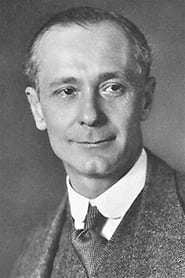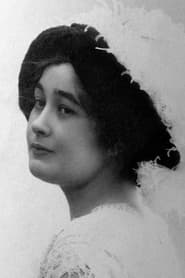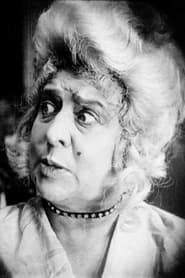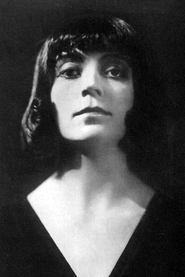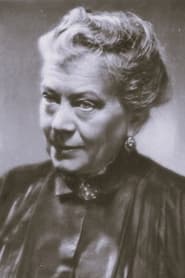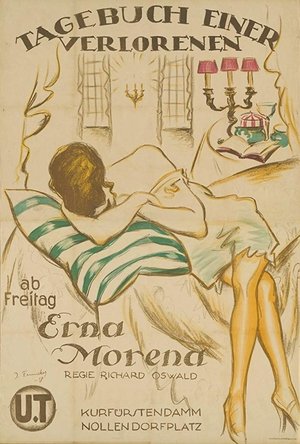
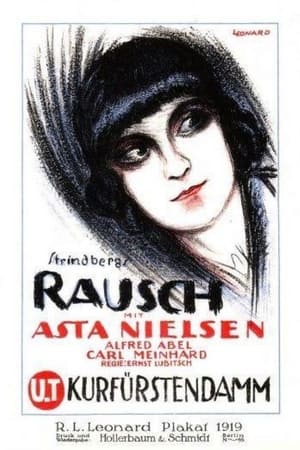
Intoxication(1919)
Gaston finally succeeds as a dramatist and decides to leave his wife and child for another woman. When the child dies, the finger is pointed at him and he winds up as a destitute before all is revealed. This film is considered lost.
Movie: Intoxication
Top 9 Billed Cast
Untersuchungsrichter
Adolph
Der Abbé

Rausch
HomePage
Overview
Gaston finally succeeds as a dramatist and decides to leave his wife and child for another woman. When the child dies, the finger is pointed at him and he winds up as a destitute before all is revealed. This film is considered lost.
Release Date
1919-08-01
Average
0
Rating:
0.0 startsTagline
Genres
Languages:
No LanguageKeywords
Similar Movies
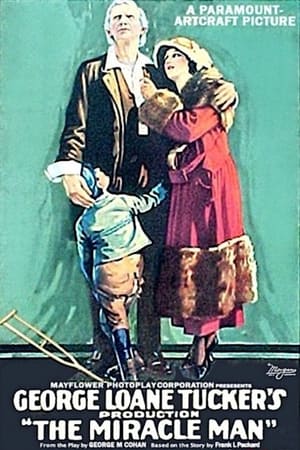 4.5
4.5The Miracle Man(en)
A gang of crooks evade the police by moving their operations to a small town. There the gang's leader encounters a faith healer and uses him to scam gullible public of funds for a supposed chapel. But when a real healing takes place, a change comes over the gang. Lost film, only the most famous scene has survived.
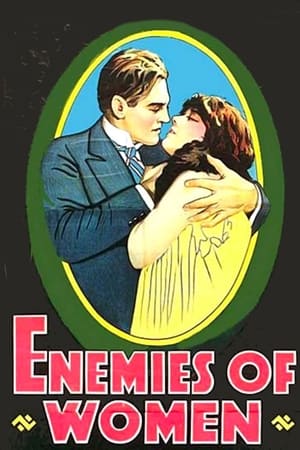 5.2
5.2Enemies of Women(en)
The dashing but arrogant Prince Michael Fedor Lubimoff has to flee Tsarist Russia after falling into disgrace and settles in Monte Carlo, where he resumes his life of debauchery while World War I ravages the fields of Europe… (Partially lost film; reels 3 and 9 of a total of 11 are missing.)
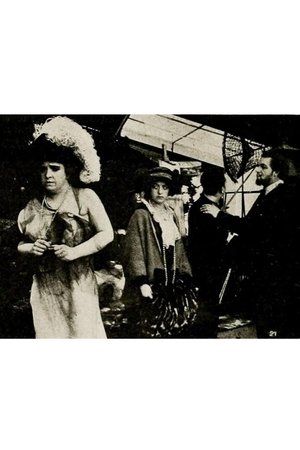 0.0
0.0The Only Son(en)
Thomas Brainerd, Sr., as a prospector, is a dutiful and loving husband and father, but when he strikes gold he becomes obsessed with business and all his relationships suffer. Due to his inattention his wife nearly strays and his son bitter at his father lack of understanding becomes estranged. All end happily though.
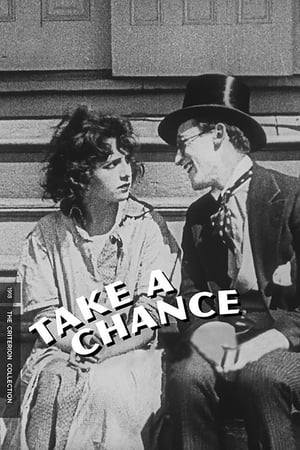 6.0
6.0Take a Chance(en)
It's a classic boy-meets-girl story, boy-loses-girl, boy gets mistaken for an escaped convict and ruthlessly chased by armies of cops across the countryside in a thrill-packed stunt-addled climax.
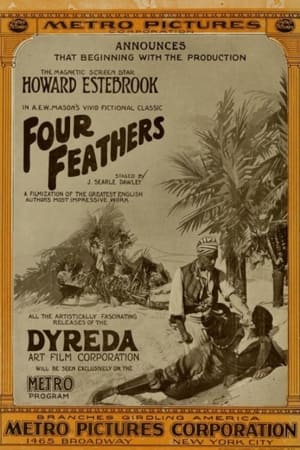 0.0
0.0Four Feathers(en)
A British army officer refuses to avenge the death of a general who was murdered years earlier. He is awarded three feathers by his officers. When his fiancée fails to defend his stance, he plucks a feather from her fan. He proves his courage by rescuing his comrades in dangerous and life-threatening situations. Later he returns each feather as proof of his redemption and courage.
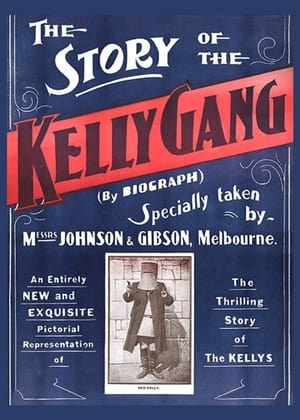 5.2
5.2The Story of the Kelly Gang(en)
Just as Galeen and Wegener's Der Golem (1915) can be seen as a testament to early German film artistry, The Story of the Kelly Gang (1906) symbolizes both the birth of the Australian film industry and the emergence of an Australian cinema identity. Even more significantly, it heralds the emergence of the feature film format. However, only fragments of the original production of more than one hour are known to exist, preserved at the National Film and Sound Archive, Canberra; Efforts at reconstruction have made the film available to modern audiences.
 6.1
6.1The Manxman(en)
A fisherman and a rising lawyer who grew up together as brothers fall in love with the same woman.
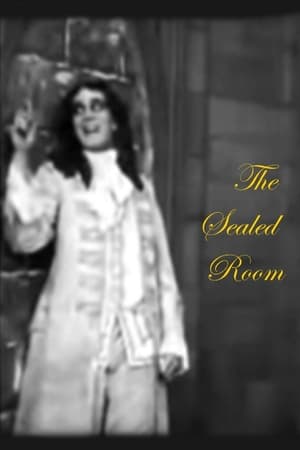 5.1
5.1The Sealed Room(en)
The Count sets out to make a private room for him and his Countess, built in such a way no one can see, hear, and most importantly, disturb them. But unbeknownst to the Count, his wife has set her eyes on the court minstrel. Based on Edgar Allan Poe's “The Cask of Amontillado” and Honoré de Balzac's “La Grande Breteche”.
The Tiger(en)
Robert Bardon has searched for years for animal trainer Gamo who seduced and abandoned Brandon's daughter Gladys. Finding him at last he corners him in a room and exacts his revenge.
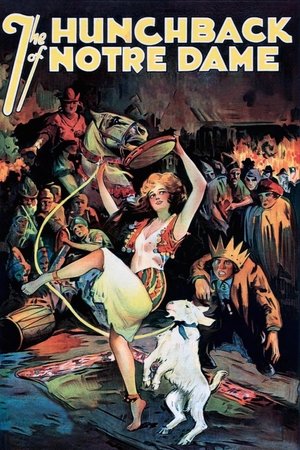 6.5
6.5The Hunchback of Notre Dame(en)
In 15th century France, a gypsy girl is framed for murder by the infatuated Chief Justice, and only the deformed bellringer of Notre Dame Cathedral can save her.
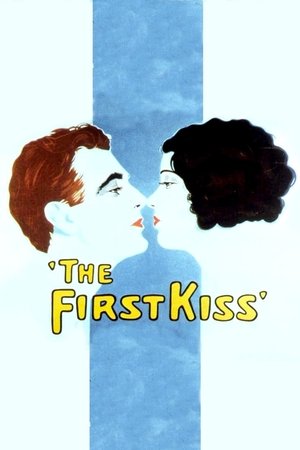 0.0
0.0The First Kiss(en)
The Talbots, formerly one of the Eastern Shore's first families, have gone to seed: Pap is a drunk, soddenly decaying in his ruined ancestral home, and three of his sons (William, Carol, and Ezra) are lazy, shiftless young men. Mulligan, Pap's second son who supports the entire family by oyster fishing, falls in love with wealthy Anna Lee, but when he first kisses her, she calls him "white trash."
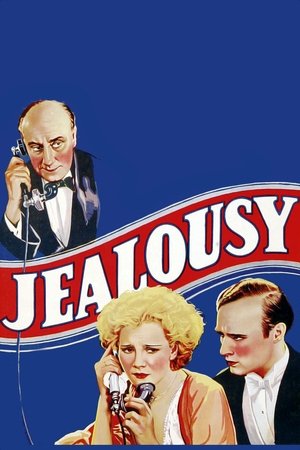 0.0
0.0Jealousy(en)
Yvonne, proprietor of a Paris gown shop, marries Pierre, a poor artist, concealing from him an affair she had with Rigaud, an elderly boulevardier who bought the shop for her.
The Four Feathers(en)
When a British army officer, Harry Faversham, resigns his commission on the eve of his regiment's departure for service in the Sudan he is sent four white feathers of cowardice by his comrades and fiancee. In an attempt to redeem himself, Faversham travels out to the Sudan where he saves the lives of his former comrades.
The Fruitful Vine(en)
An old knight weds his dead friend's daughter but she gives herself to an Italian Don to bear an heir.
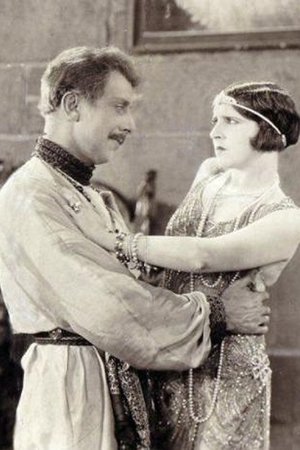 0.0
0.0The Age of Innocence(en)
Newland Archer is engaged to May Mingott of a prominent New York family. Shortly after the engagement is announced, Newland finds himself attracted to May's older married cousin Countess Ellen Olenska.
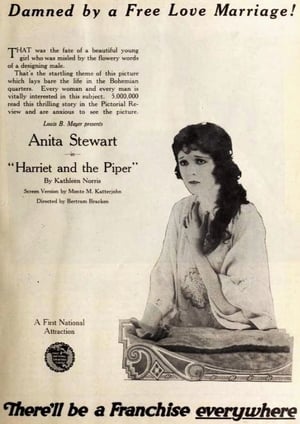 0.0
0.0Harriet and the Piper(en)
Harriet Field, living the Bohemian life in Greenwich Village, is tricked into a mock marriage with the unscrupulous Royal Blondin. She leaves him, taking a job as companion to the wealthy Nina Carter. Blondin reappears during a masquerade ball thrown by the Carters, makes advances to Nina but Harriet intervenes, bringing threats from Blondin to expose her past. When Nina’s faithless mother is killed in a car crash as she elopes with another man Richard Carter persuades Harriet to marry him for the sake of the children. She reveals all to her husband and Richard offers Blondin a hefty sum of money to stay out of Nina's life.
 0.0
0.0Daybreak(en)
Edith Frome (Stevens) finds it impossible to live with her alcoholic husband Arthur (L ‘Estrange), and finally leaves him. After three years she returns but leaves each evening, returning late arousing the suspicion of her husband. Having her followed he soon learns that she visits a child. Suspecting the worst because of her friendship with Dr. David Brett (Phillips), he institutes divorce proceedings. Edith confesses the truth about the child and Arthur, realizing his folly, swears off liquor and they are reunited.
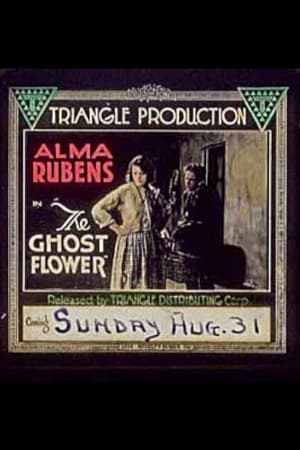 0.0
0.0The Ghost Flower(en)
Giulia, a Neapolitan girl, much against her will, becomes the mistress of a wealthy gangster. Her "protector" is stabbed to death by Giulia's hot-headed musician lover Tony (Francis McDonald), whereupon the heroine takes refuge in the villa of French playwright La Farge. Under La Farge's careful tutelage, Giulia develops into a famous actress, capturing the heart of the Duke De Chaumont. Though LaFarge himself has fallen in love with the girl, he does not stand in her way when she accepts the Duke's proposal. But Giulia has not reckoned with Tony, who is still crazy about her and still willing to kill any man who stands in his way. Tony murders LaFarge, then sets his sights on the Duke, intending to kill the poor fellow during the wedding ceremony. Hoping to save the Duke's life, Giulia pretends to have fallen out of love with him and returns to Tony.
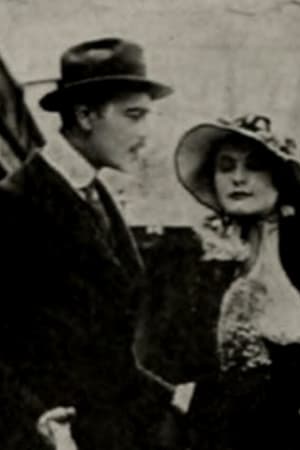 0.0
0.0The Failure(en)
Theatrical manager Isaac Shuman has a reputation for "taking advantage" of young girls who want to become stars on Broadway. Reporter Tom Warder investigates these stories and exposes Shuman in his newspaper.
